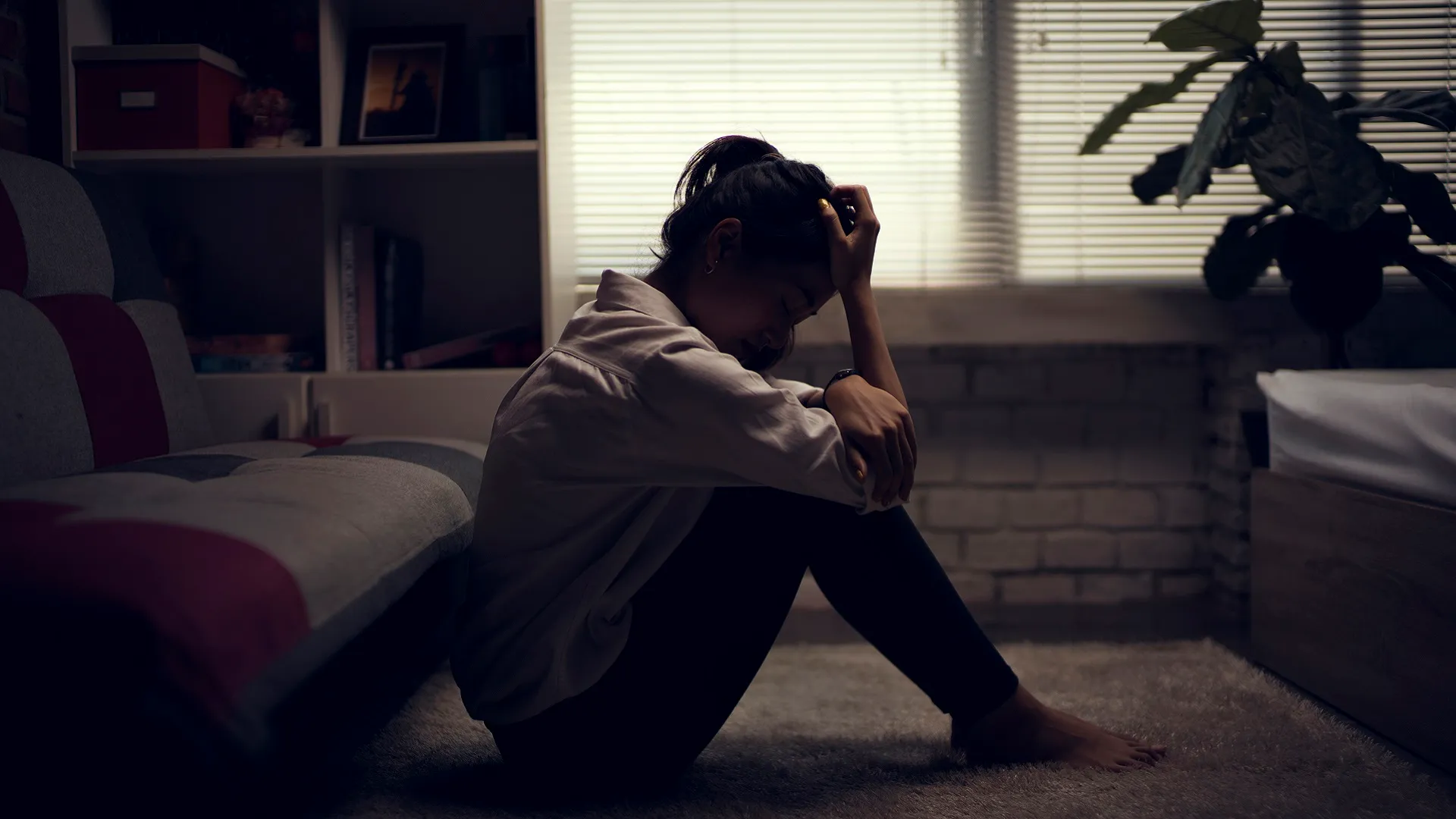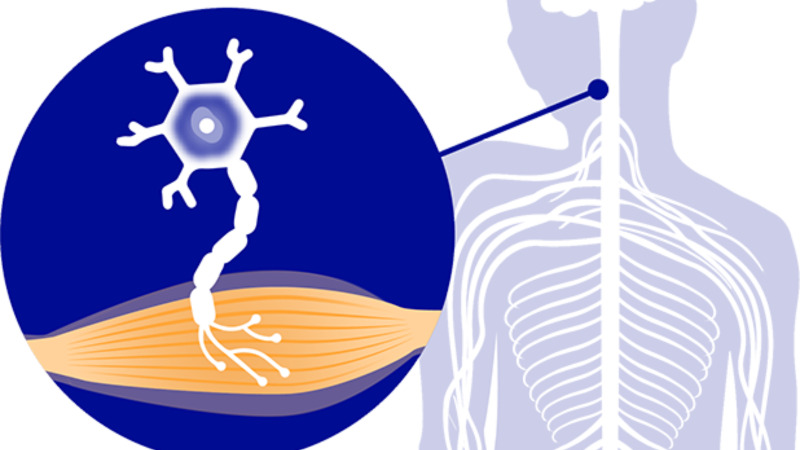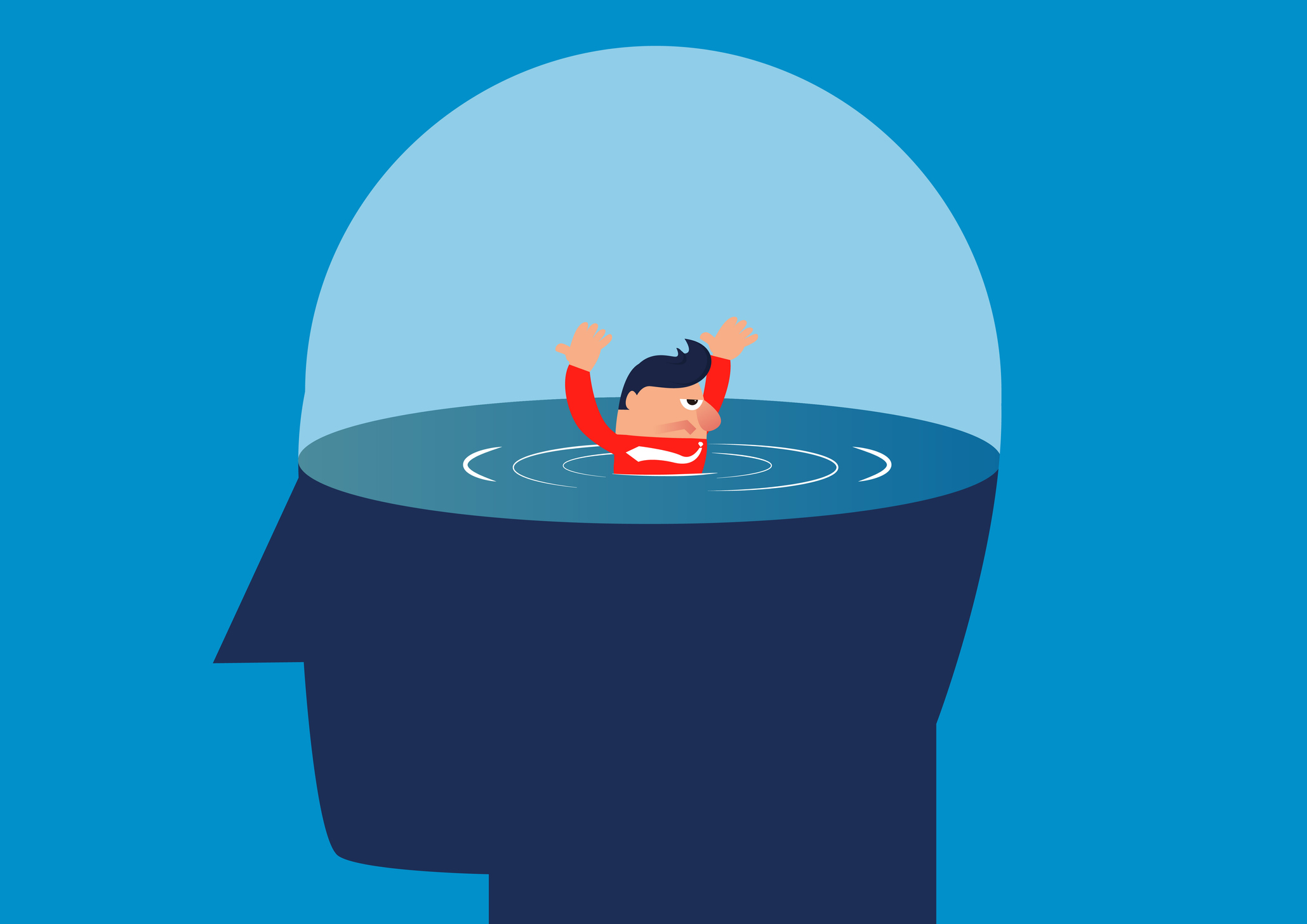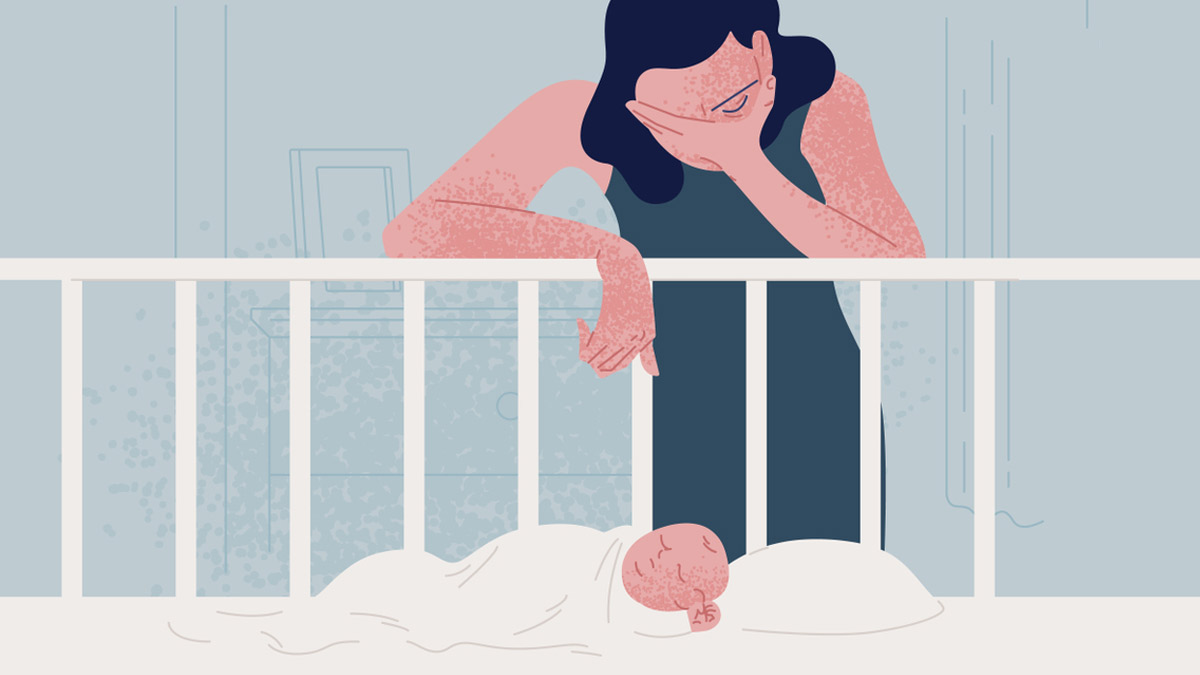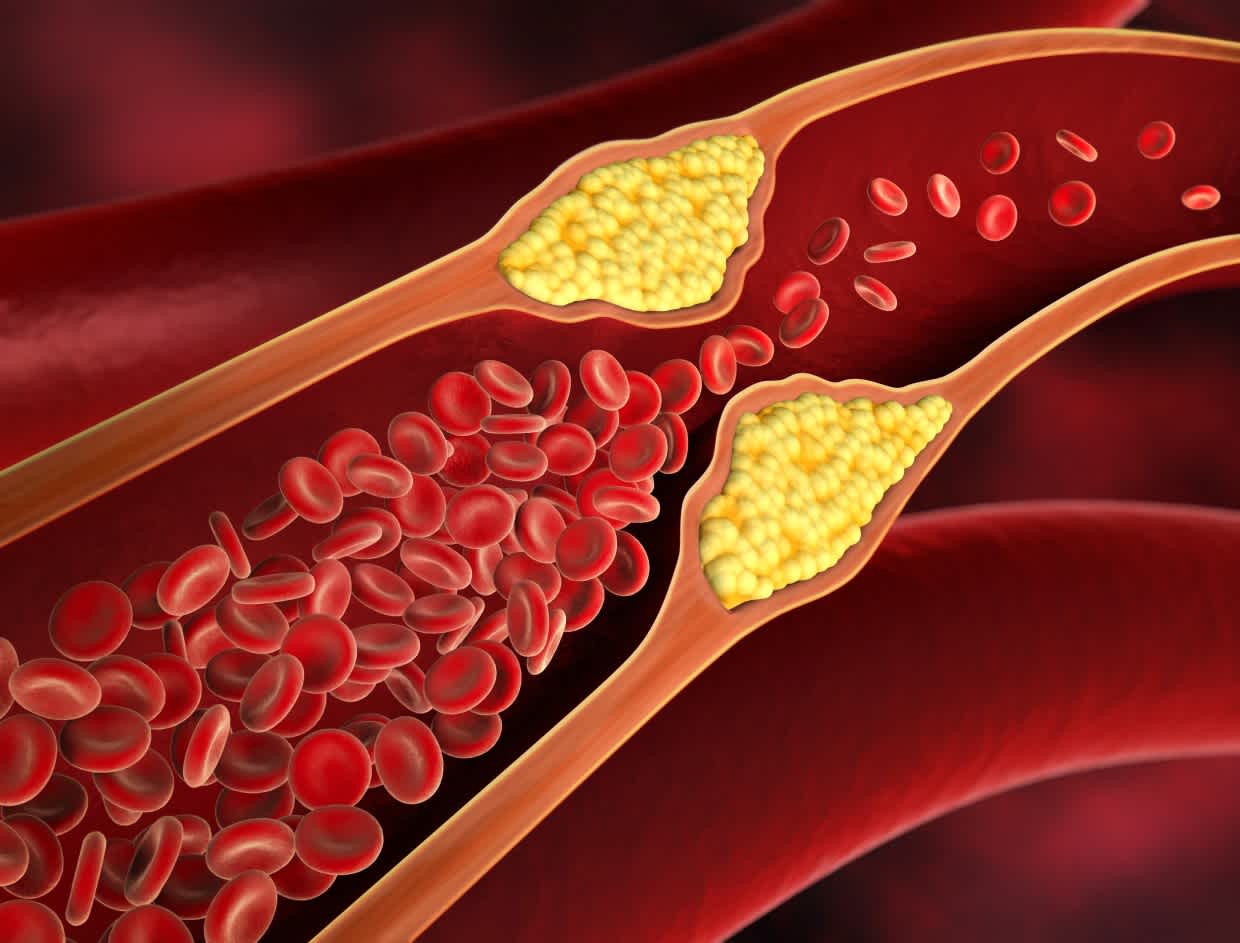Depression is a common yet serious mental health condition that affects millions of people worldwide. It is not merely a passing feeling of sadness, but rather a persistent state of emotional turmoil that can have a profound impact on an individual’s life. In this article, we will explore the various symptoms of depression, shedding light on this often misunderstood mental health struggle.
1. Recognizing the Emptiness: Feelings of Hopelessness (H1)
One of the primary signs of depression is an overwhelming feeling of hopelessness. Those suffering from this condition may experience a persistent sense of emptiness, as if joy and happiness have been drained from their lives. Tasks that were once enjoyable may lose their appeal, and a sense of despair may pervade their thoughts.
2. The Weight of Sadness: Persistent Low Mood (H1)
A hallmark symptom of depression is a persistent low mood that seems to linger no matter the circumstances. Even positive events may fail to lift the person’s spirits, and they may struggle to find pleasure in things they once loved.
3. Energy Depletion: Persistent Fatigue (H1)
Depression can take a toll on an individual’s energy levels, leading to persistent fatigue. Simple tasks may feel exhausting, and getting out of bed in the morning can become a daunting challenge.
4. Sleep Disturbances: Insomnia or Hypersomnia (H1)
Sleep disturbances are common in depression, taking the form of either insomnia or hypersomnia. Some individuals may find it difficult to fall asleep or stay asleep, while others may sleep excessively but still wake up feeling unrefreshed.
5. A Rollercoaster of Appetite: Changes in Eating Patterns (H1)
Depression can also impact a person’s appetite, leading to significant changes in eating patterns. Some individuals may lose interest in food and experience weight loss, while others may turn to food for comfort and solace, resulting in weight gain.
6. Isolation and Withdrawal: Avoiding Social Interactions (H1)
Those battling depression often find it challenging to engage in social interactions. They may withdraw from friends and family, preferring isolation and solitude. The sense of detachment from others can exacerbate feelings of loneliness and alienation.
7. Cognitive Impairment: Difficulty Concentrating (H1)
Depression can cloud the mind and make it difficult to concentrate or focus on tasks. Memory lapses may become more frequent, and decision-making could become an arduous process.
8. Unexplained Physical Ailments: Unresolved Pain (H1)
Physical symptoms are not uncommon in depression. Headaches, back pain, and other unexplained aches and pains may manifest as a result of the emotional distress.
9. Loss of Interest: Diminished Pleasure in Activities (H1)
A loss of interest in activities that were once enjoyable is a classic symptom of depression. Hobbies and passions that once brought happiness may now seem dull and uninteresting.
10. Emotional Instability: Irritability and Agitation (H1)
Depression can cause emotional instability, leading to feelings of irritability and agitation. Minor annoyances may trigger intense reactions, further adding to the individual’s emotional burden.
11. Suicidal Thoughts: A Cry for Help (H1)
In severe cases of depression, individuals may experience thoughts of self-harm or suicide. It is crucial to take these thoughts seriously and seek immediate professional help.
12. Anxiety and Restlessness: A Parallel Struggle (H1)
Anxiety often coexists with depression, compounding the individual’s distress. Restlessness, excessive worrying, and a sense of impending doom may accompany the depressive symptoms.
13. Physical Sluggishness: Slow Movements (H1)
Depression can manifest in physical sluggishness, where movements become slow and lethargic. This can further contribute to a sense of inertia and frustration.
14. Difficulty Expressing Emotions: Emotional Numbness (H1)
Some individuals with depression may experience emotional numbness, finding it challenging to express their feelings or connect with their emotions.
15. Seeking Help: Reaching Out for Support (H1)
Recovering from depression often requires professional help and support from loved ones. Recognizing the need for assistance and seeking help is a crucial step towards healing and regaining control of one’s life.
Conclusion
Depression is a complex mental health condition that can affect anyone, regardless of age, gender, or background. Understanding the symptoms is vital in providing support and empathy to those who are struggling. If you or someone you know is experiencing symptoms of depression, remember that help is available. Reach out to mental health professionals and support networks to embark on the path to recovery and healing.
FAQs About Depression
- Can depression go away on its own? Depression may improve over time for some individuals, but it’s essential to seek professional help for the best outcomes.
- Is depression a sign of weakness? No, depression is not a sign of weakness. It is a genuine medical condition that requires understanding and support.
- Can exercise help with depression? Yes, regular exercise has been shown to have positive effects on mood and can be beneficial for individuals with depression.
- What role does genetics play in depression? Genetics can play a role in depression, making some individuals more susceptible to the condition.
- Are there different types of depression? Yes, there are various types of depression, including major depressive disorder, persistent depressive disorder, and seasonal affective disorder.


